BU is celebrating Global Entrepreneurship Week, for the first time, on the 19th of November with not ONE but TWO Mega Events! Supporting student experience; supporting BU commitment to the UN Sustainable Development Goals; and providing a platform to bring together wonderful examples of the power of enterprise in changing society.
Women in Entrepreneurship: An extraordinary panel of Women from various sectors and UK and Beyond, we have a number of Famous faces on the panel as well as women who are quietly making a huge impact on society and the economy; helping break down gender barriers to entrepreneurial activities. I am immensely proud to introduce the panel and the 3 wonderful ladies from Brazil who are also going to join us (see attached pic).The Women in Entrepreneurship Panel has been possible due to the support of funding from the Women’s Academic Network (WAN); ACORN award(Public dissemination of research); and Faculty of Management (Executive Dean Dr Lois Farquharson)
Venue- KG01 Time- 1245-1630
Also, on the 19th we are bringing SOUP to BU..what’s that you ask? BH SOUP (modelled on the Detroit SOUP movement) has been running successfully in the conurbation for the last few years and this year, to celebrate GEW and to harness the energy of the newly launched BU Social Entrepreneurs Forum, BH SOUP is coming to BU with BH SOUP Loves Social Enterprises. This event too is possible due to the Faculty of Management (Dr Lois Farquharson).
Venue- Fusion Building Ground Floor space- Time 1845-2100
Please see the eventbrite links below to register (for FREE) at the event(s)
https://www.eventbrite.co.uk/e/women-in-entrepreneurship-tickets-74693186331
https://www.eventbrite.co.uk/e/bh-soup-loves-social-enterprises-tickets-74205618001
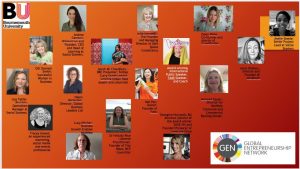
The Panelists!

BH SOUP Loves Social Enterprises

Ana Lucia, Brazil, Founder of Vision for Good
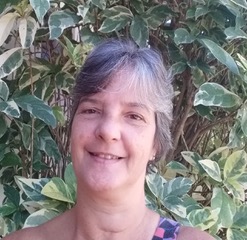
Clarrise Seixas, from Brazil founder of MIMOS, a social impact business

Ivi Felix, From Brazil; Founder of Mantiquira Local Market
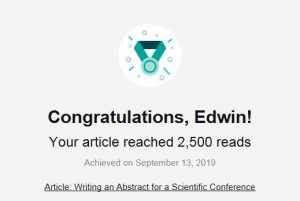

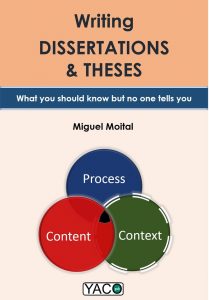
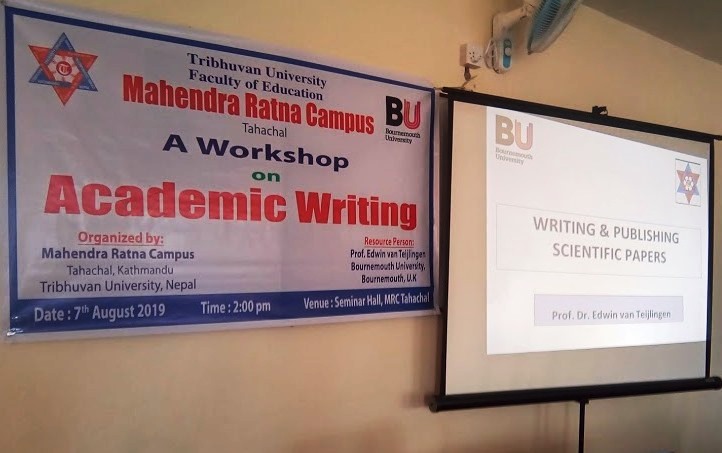

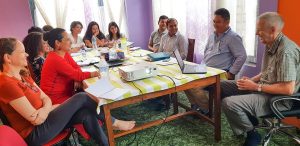
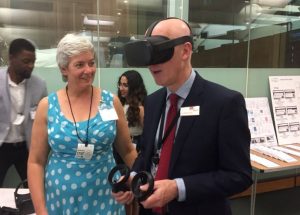
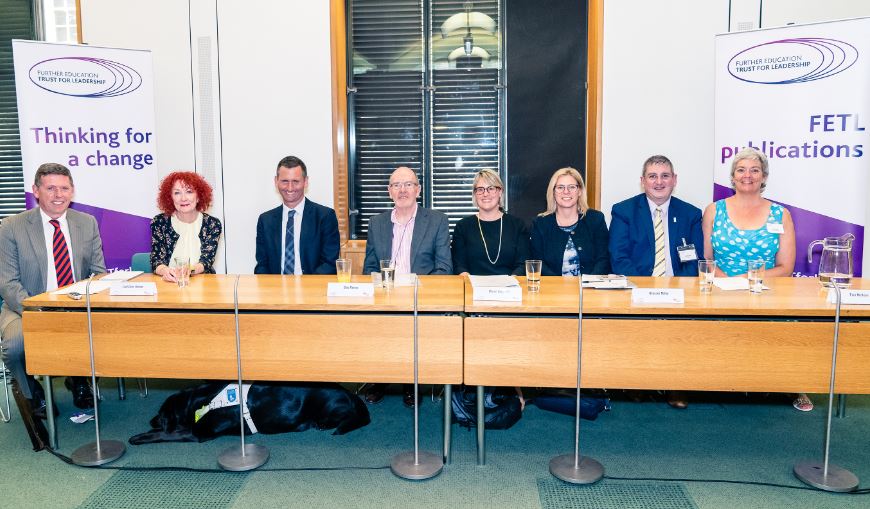
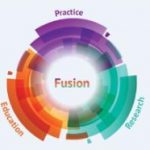
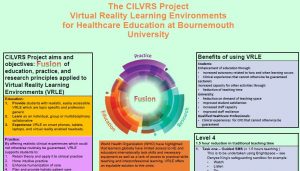




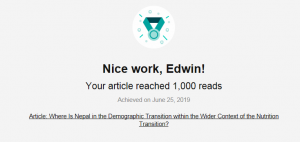

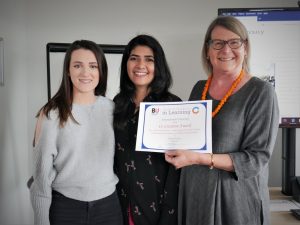
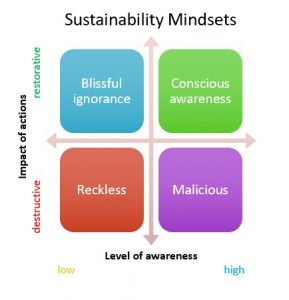


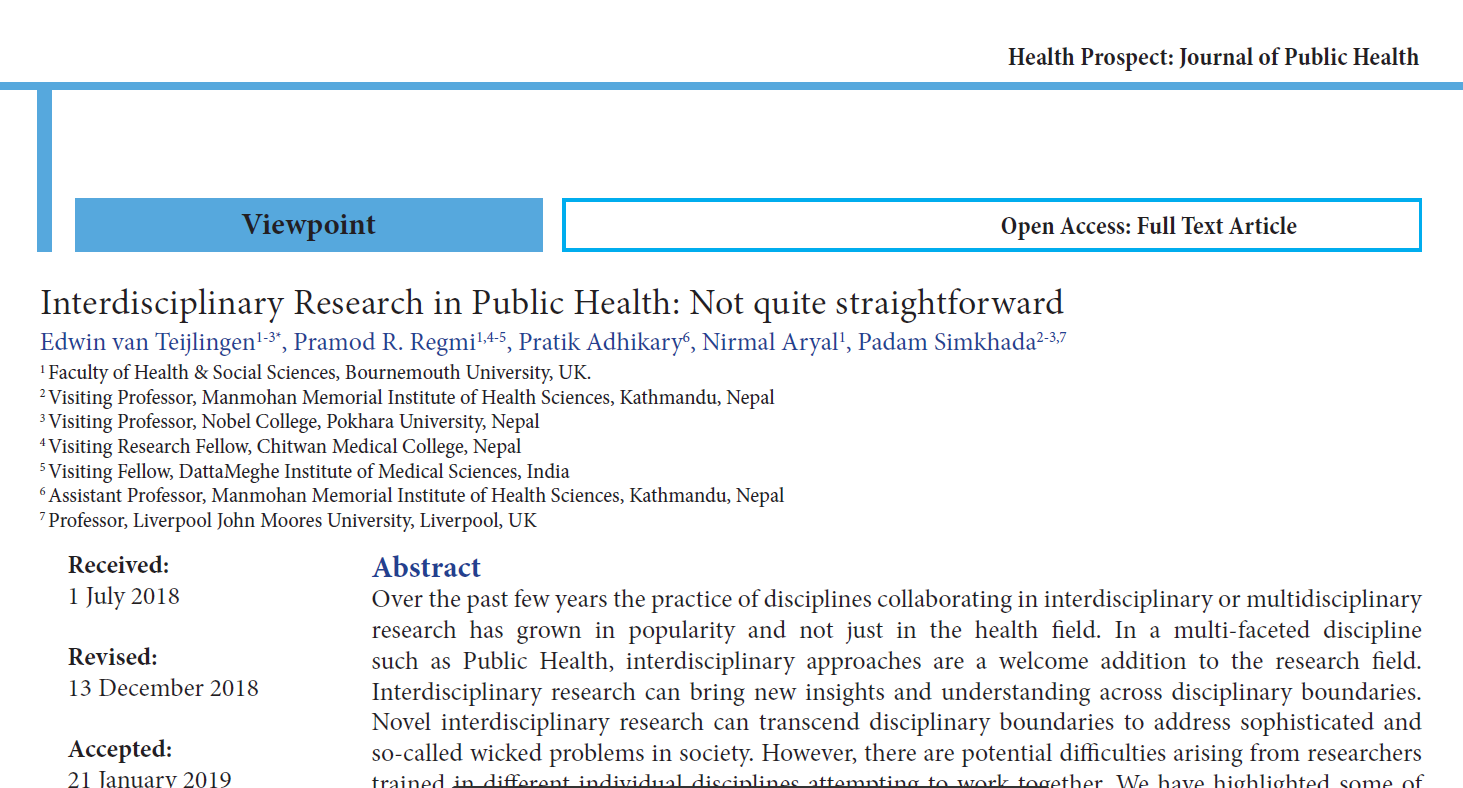

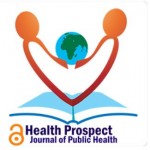
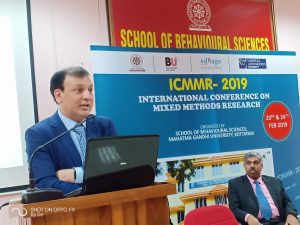
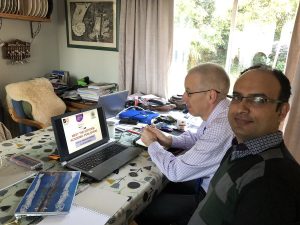

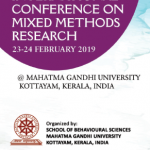
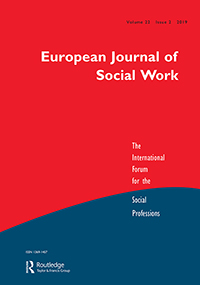
 Education is changing – but what does this look like in practice? What does the future of learning hold for students? At Bournemouth University we are responding to research that considers how teachers of the future will work with their classes.
Education is changing – but what does this look like in practice? What does the future of learning hold for students? At Bournemouth University we are responding to research that considers how teachers of the future will work with their classes.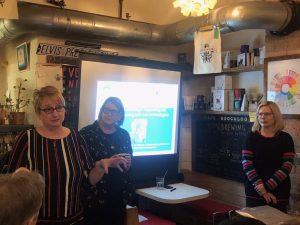
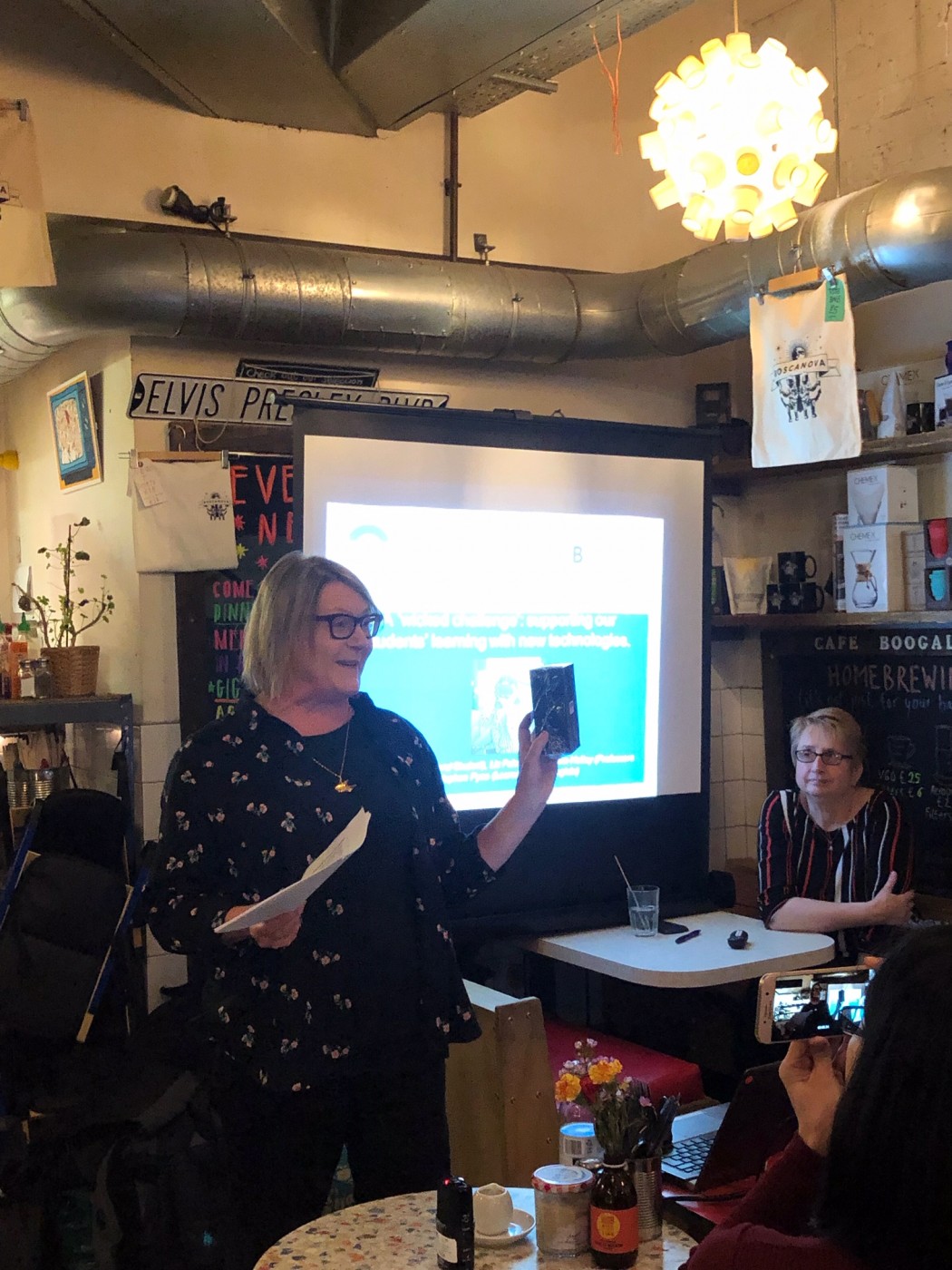
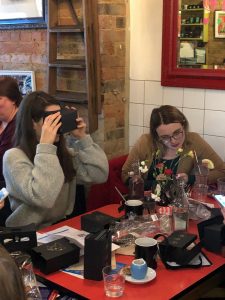
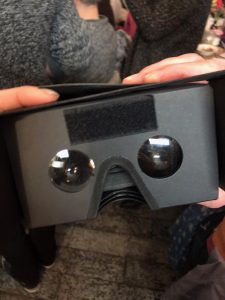
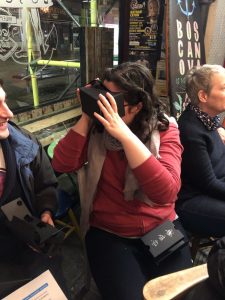
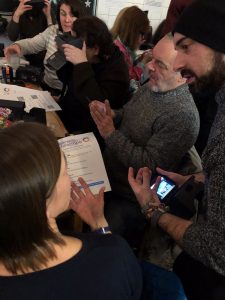
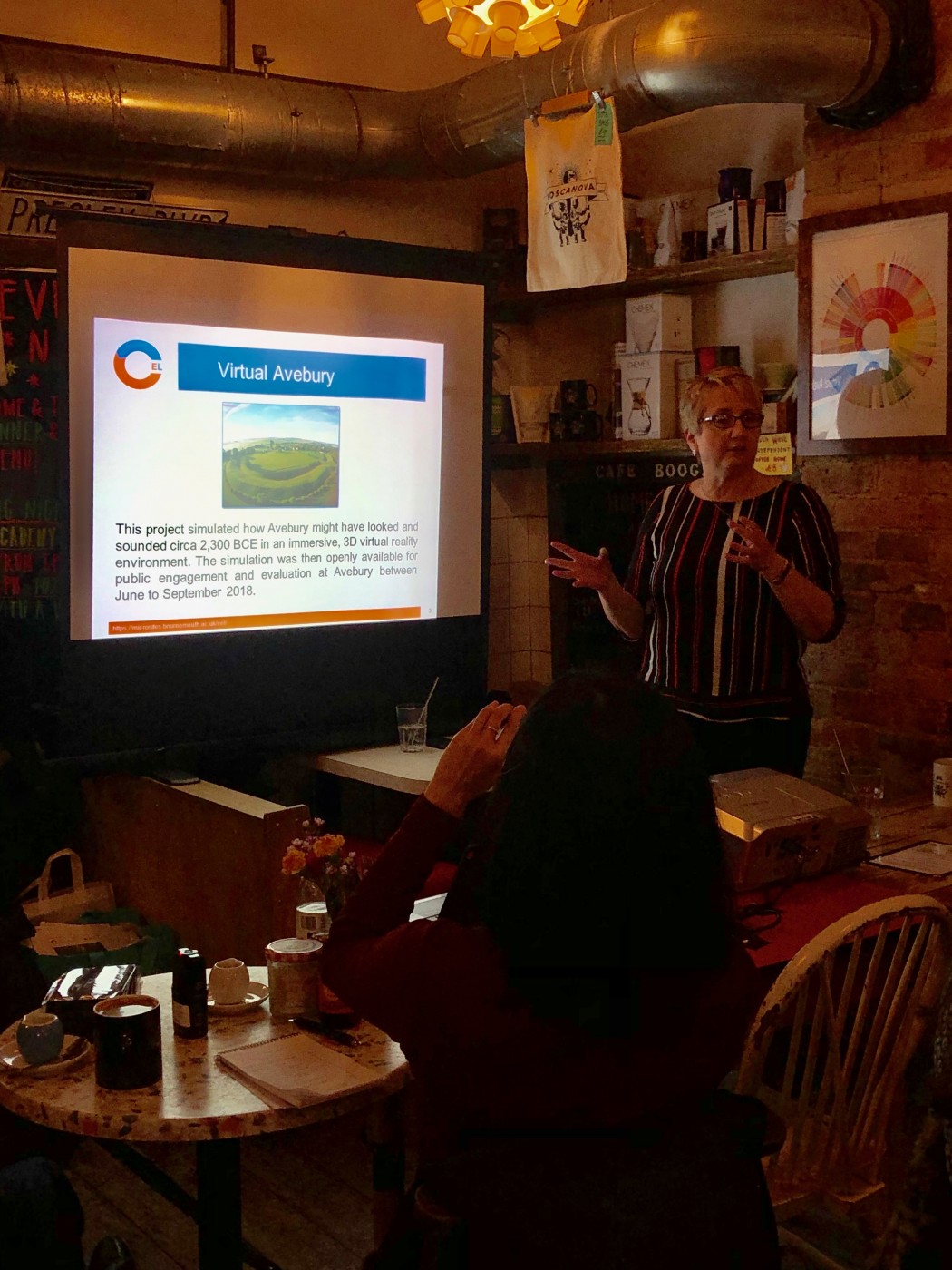 Not only did people enjoy visiting the VR Avebury, but for some it brought out an emotional reaction as they felt they had experienced some of what it would have been like to have visited the ancient site when it was still complete. One of the participants said; “I felt completely immersed in the landscape. It was really interesting to see the difference between the real stones outside and the simulation. The difference between the sizes of the banks and ditches was particularly striking!” Liz concluded with her favourite finding; that women over the age of 60 were the third most likely group to enjoy gaming (mostly on their mobile phones). It reminds us all not to pre-judge what we think people will find enjoyable and useful as a learning experience.
Not only did people enjoy visiting the VR Avebury, but for some it brought out an emotional reaction as they felt they had experienced some of what it would have been like to have visited the ancient site when it was still complete. One of the participants said; “I felt completely immersed in the landscape. It was really interesting to see the difference between the real stones outside and the simulation. The difference between the sizes of the banks and ditches was particularly striking!” Liz concluded with her favourite finding; that women over the age of 60 were the third most likely group to enjoy gaming (mostly on their mobile phones). It reminds us all not to pre-judge what we think people will find enjoyable and useful as a learning experience.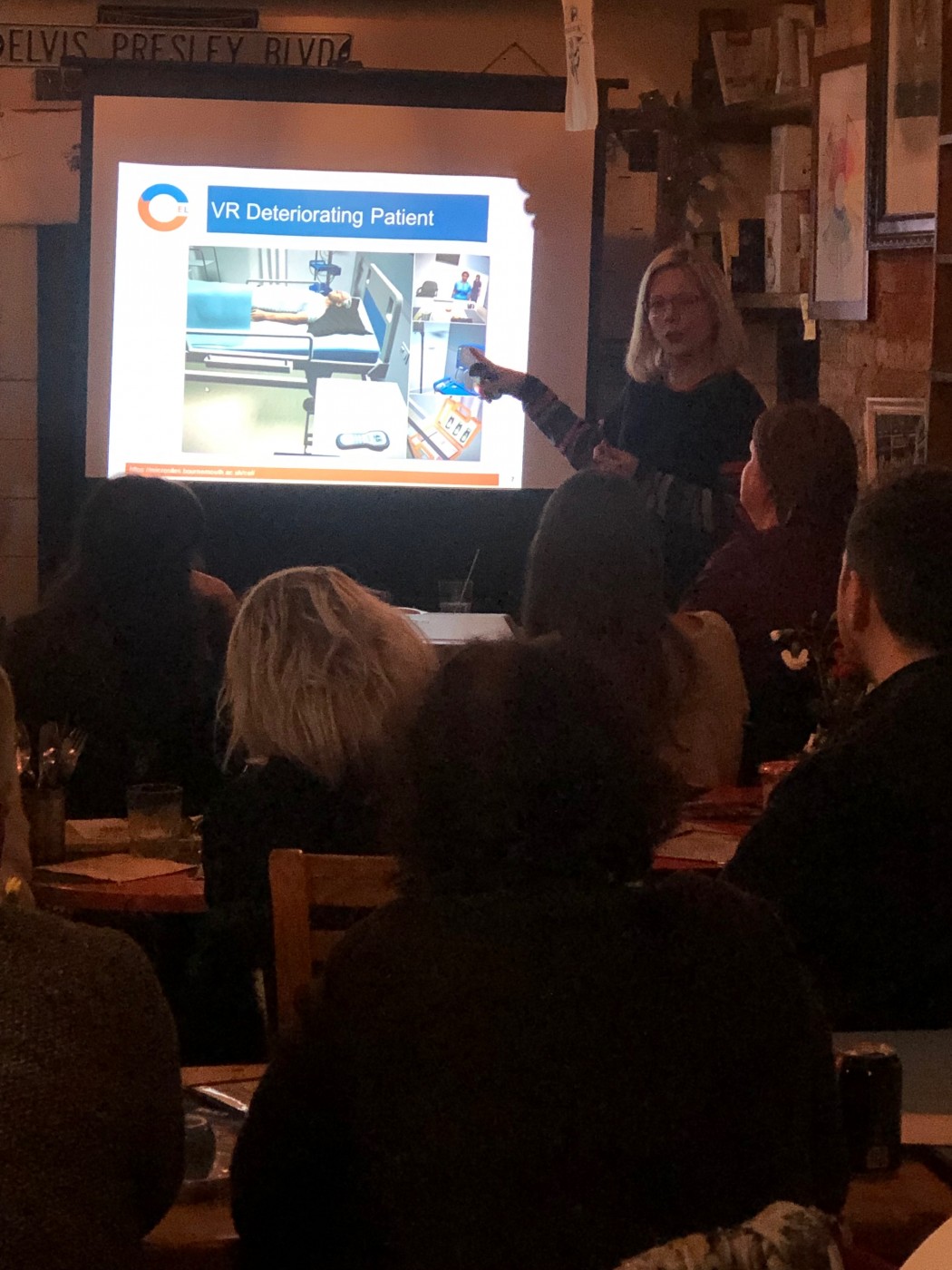
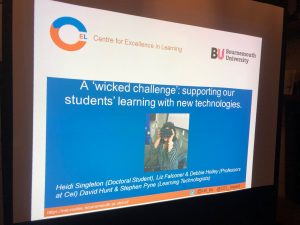 If you’re interested in finding out more about VR, AR or 360 Video you can contact the
If you’re interested in finding out more about VR, AR or 360 Video you can contact the 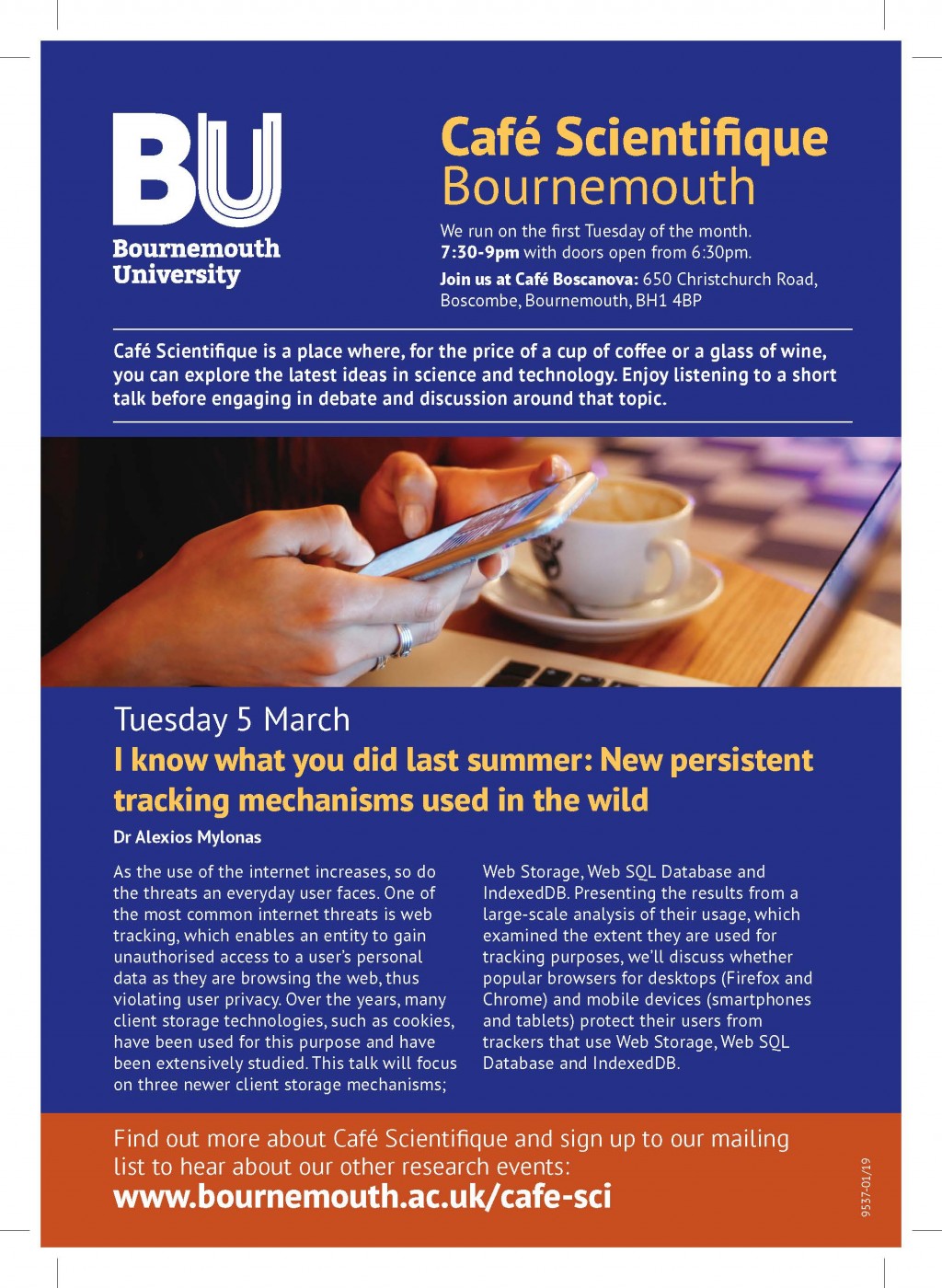


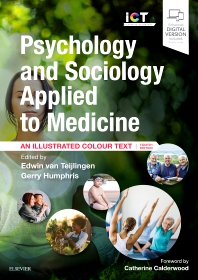





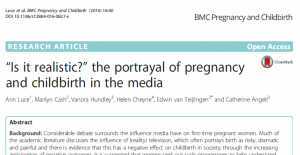
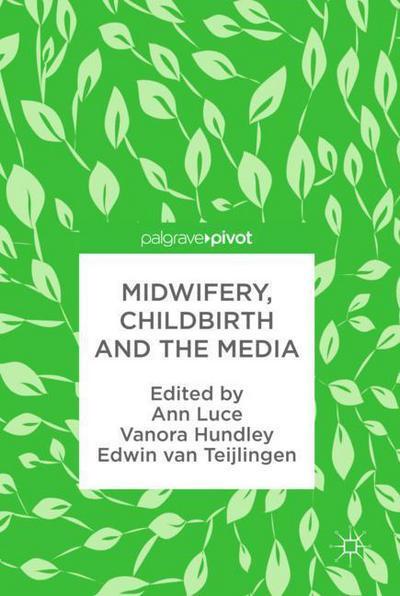
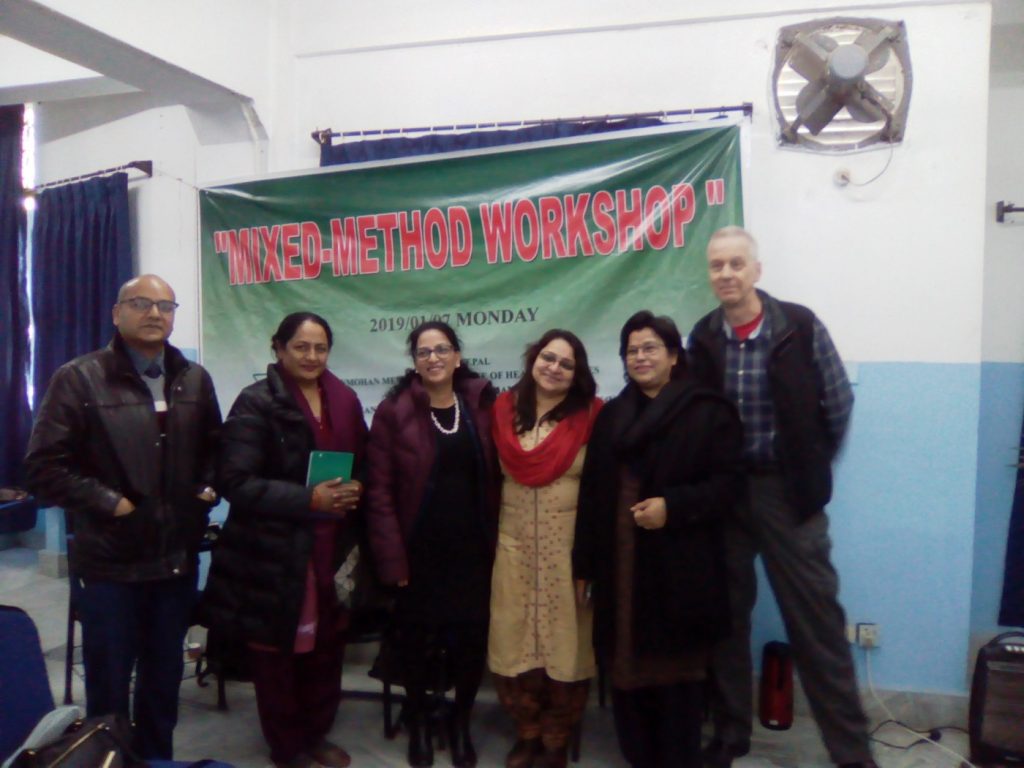
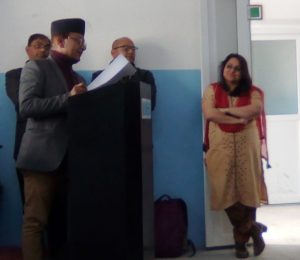











 Seeing the fruits of your labour in Bangladesh
Seeing the fruits of your labour in Bangladesh Exploring Embodied Research: Body Map Storytelling Workshop & Research Seminar
Exploring Embodied Research: Body Map Storytelling Workshop & Research Seminar Marking a Milestone: The Swash Channel Wreck Book Launch
Marking a Milestone: The Swash Channel Wreck Book Launch No access to BRIAN 5-6th February
No access to BRIAN 5-6th February ECR Funding Open Call: Research Culture & Community Grant – Application Deadline Friday 12 December
ECR Funding Open Call: Research Culture & Community Grant – Application Deadline Friday 12 December MSCA Postdoctoral Fellowships 2025 Call
MSCA Postdoctoral Fellowships 2025 Call ERC Advanced Grant 2025 Webinar
ERC Advanced Grant 2025 Webinar Update on UKRO services
Update on UKRO services European research project exploring use of ‘virtual twins’ to better manage metabolic associated fatty liver disease
European research project exploring use of ‘virtual twins’ to better manage metabolic associated fatty liver disease